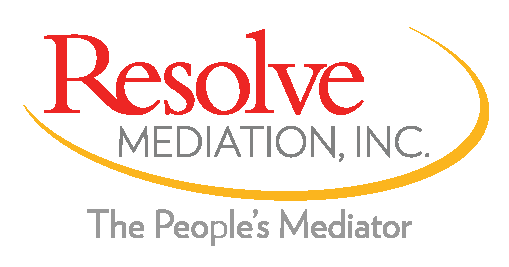 Robert Angyal SC writes a great series on LinkedIn about the qualities one should expect in a great mediator. This week he discusses expertise in mediating versus knowledge of the subject in dispute. Why do I gravitate toward this post in particular? Because as a non-attorney mediator aka “The People’s Mediator” either people often assume I am an attorney, I need to be an attorney to mediate, or I am not as good a mediator for not being an attorney.
Robert Angyal SC writes a great series on LinkedIn about the qualities one should expect in a great mediator. This week he discusses expertise in mediating versus knowledge of the subject in dispute. Why do I gravitate toward this post in particular? Because as a non-attorney mediator aka “The People’s Mediator” either people often assume I am an attorney, I need to be an attorney to mediate, or I am not as good a mediator for not being an attorney.
Mr. Angyal refers to a case in which he was called on to mediate, but was first asked if he had any knowledge of or expertise in the area regarding the matter in dispute. Discerning the caller thought Mr. Angyal might play a more evaluative, “adjudicative role” as he put it, he knew as a mediator that he did not need expertise in the area he is mediating and that he absolutely could not act in any type of decision making role during the mediation.
Mediation is an art. Although the mediator has a responsibility to the process and to the court, effective mediators use a variety of skills, strategies and techniques to assist in facilitating negotiations. In his post Mr. Angyal stresses the mediators’ responsibility to understand the issues but maintain impartiality. He writes: “… a mediator has only three things going for them: Intelligence, Integrity and Impartiality. If during the mediation, you do something that causes a party to decide that you lack any of these qualities, you might as well go home.” Coupled with what I’ve written above, I could not agree more.
A skilled mediator will extrapolate what the dispute really is all about. Often times I’ve found it’s not at all about what is said in opening statements, but something completely different. Mr. Angyal perfectly quotes Malcolm Muggeridge “No dispute is about what it’s about.” In mediation, no words could be closer to the truth. The skilled mediator takes their time to work through the issues, while listening to the facts, but never imparting our opinion. While there are many characteristics of effective mediators the point is that you need not have knowledge of the subject in dispute, but possess those skills, techniques, process, and procedure and own the role of a skilled mediator.


